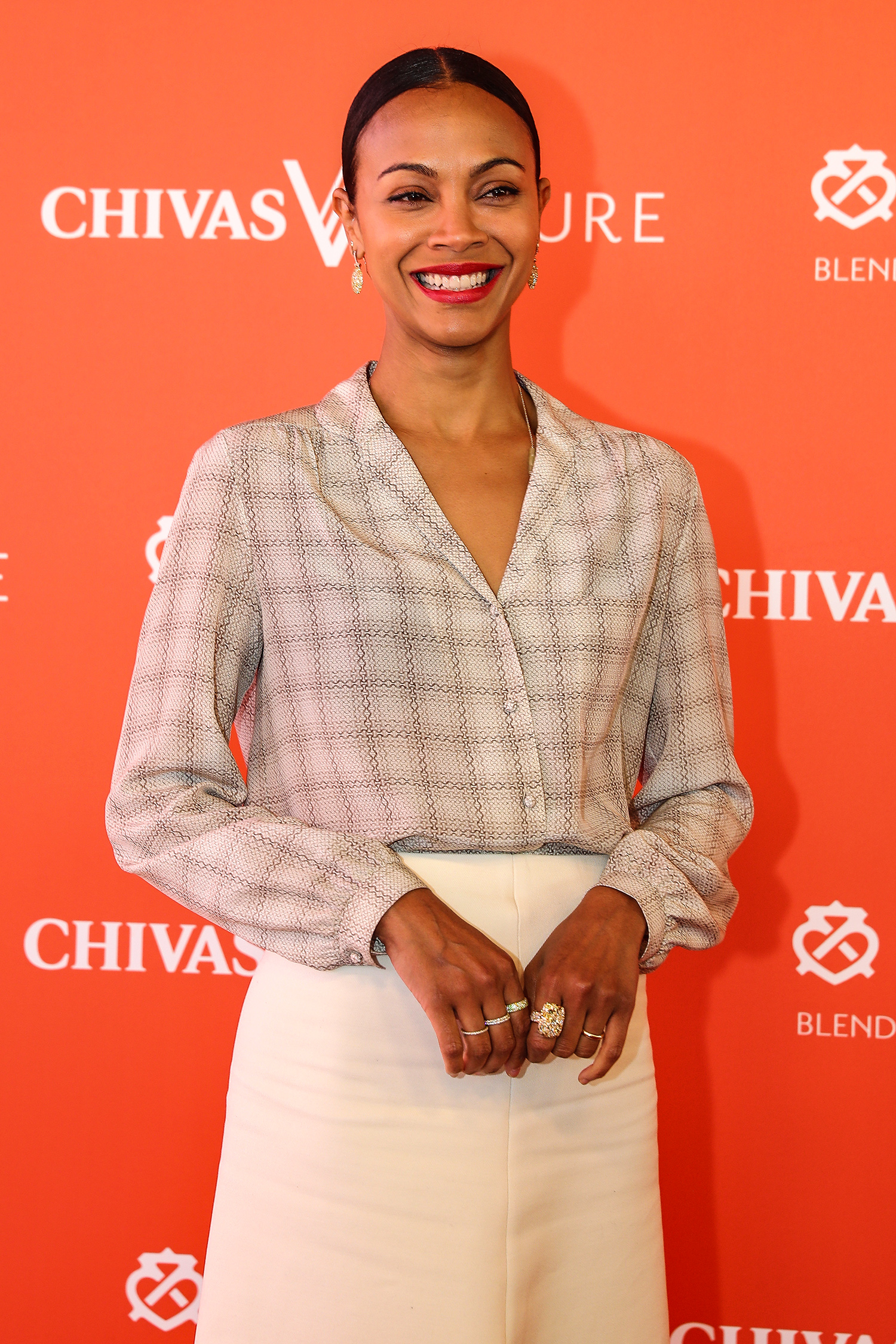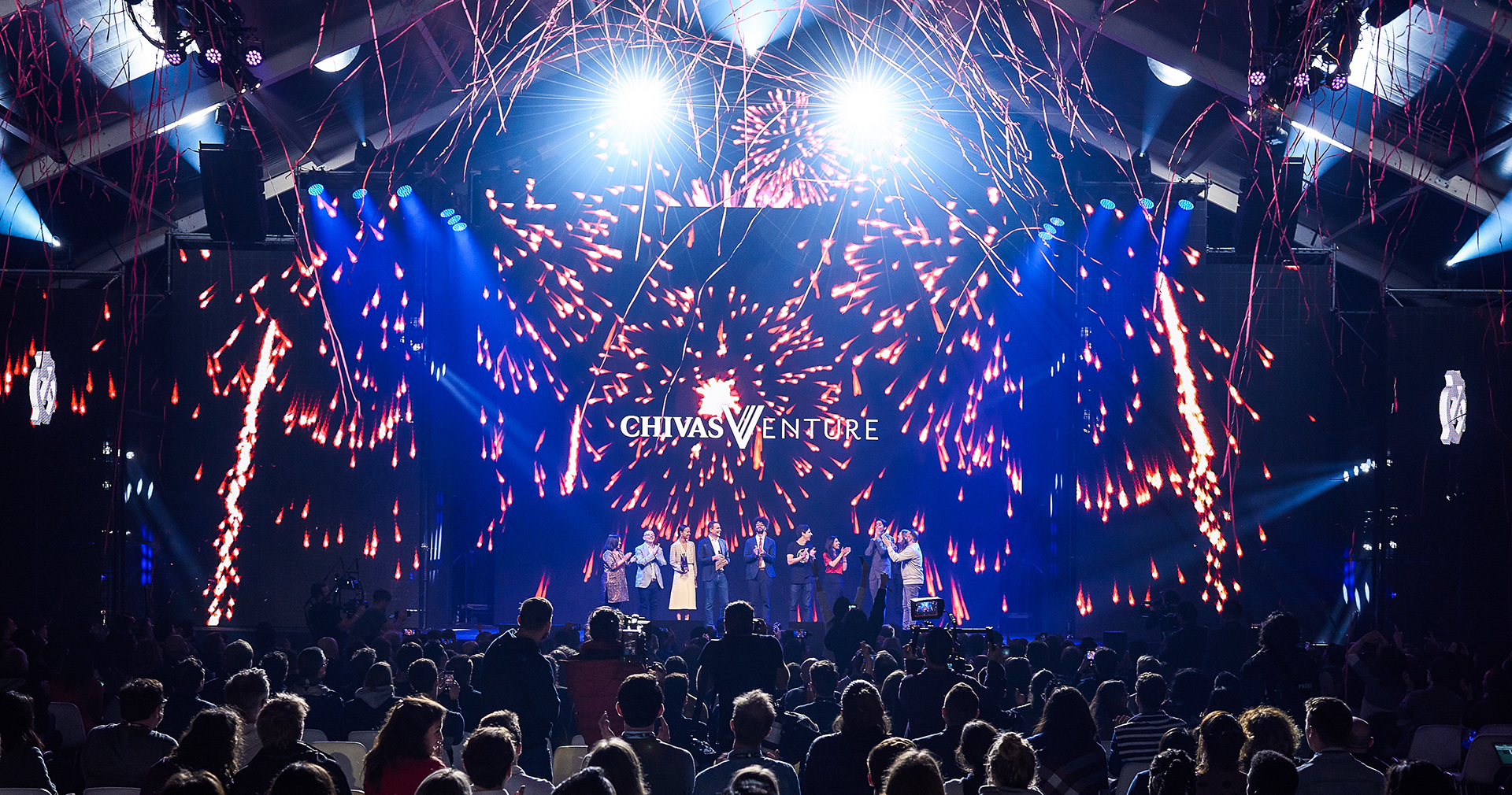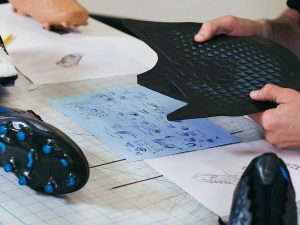What is a good business decision…? One that makes profit for the shareholders. Indeed… This mindset was one widely embraced as I tip-toed my way into the business world by way of education and experience. Thankfully, with increasing societal pressures and growing awareness, things are changing—and fast.
The average lifecycle of a business used to be 40years, now with the arrival of the new economy — also known as the internet — this value has plummeted to less than 20years. Go back even further to around the 1950’s and this value was 60years, so it’s easy to see which way this is going—and also the cause. Technology has been widely cited for this “boom-bust” trend of modern business; a sector where speculation is rife, expectations are high, and patience is low.
Having said all this, out of the ashes of calamity, rises a phoenix of hope; the Social Entrepreneur.
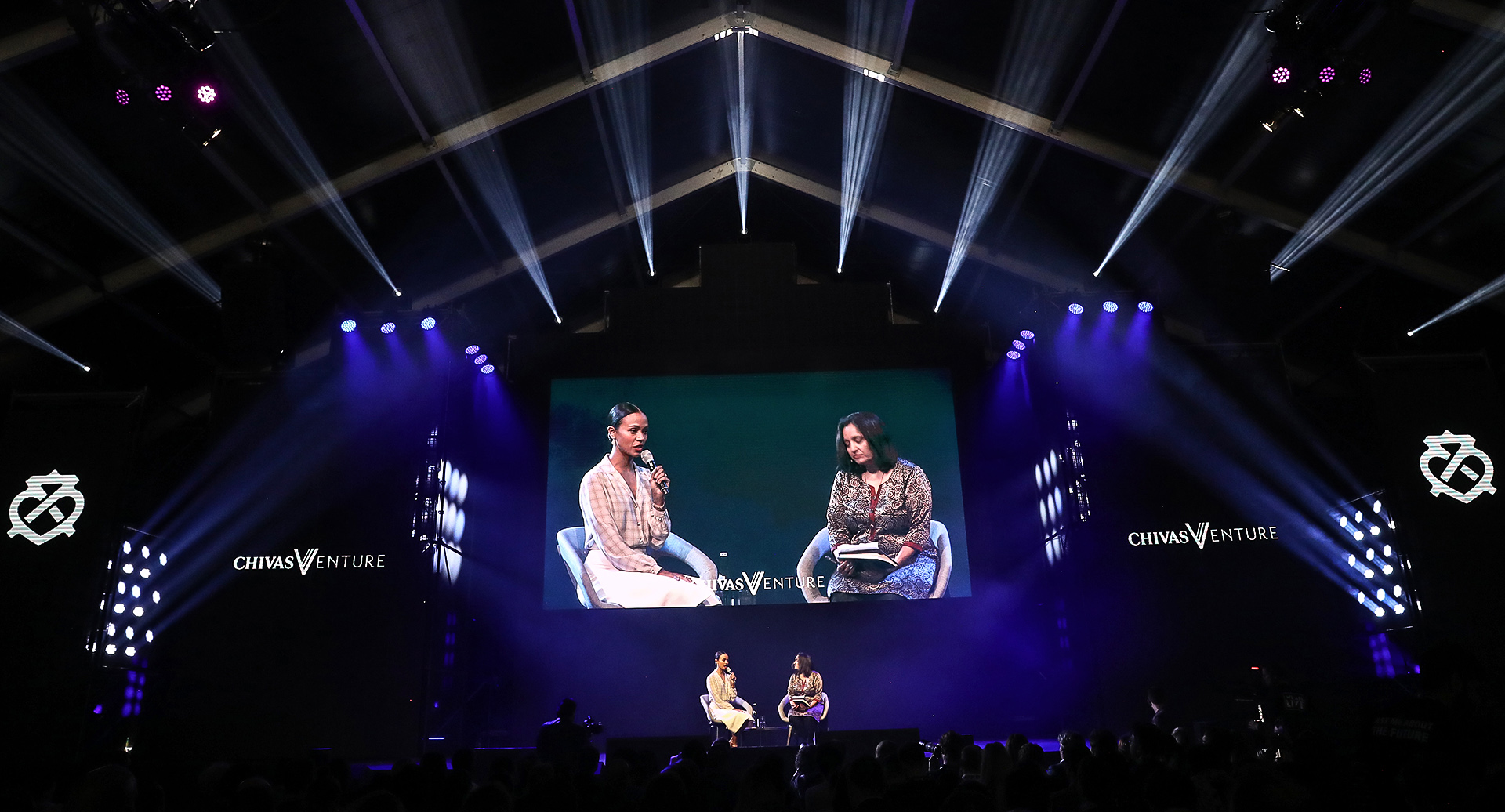
The Social Entrepreneur has been born out of the capitalist narcissism of traditional business models, businesses that while chasing demand and making substantial sums of money have left behind them a wake of issues and problems that require special solutions. Us as consumers are not without blame; a mindset of wanton consumption with little thought of consequence has added rocket fuel to the proverbial fire. Covering a wide remit issues, from environmental to health, social entrepreneurs are finding new ways of solving these issues, while creating businesses that will (eventually) turn a profit. Win win.
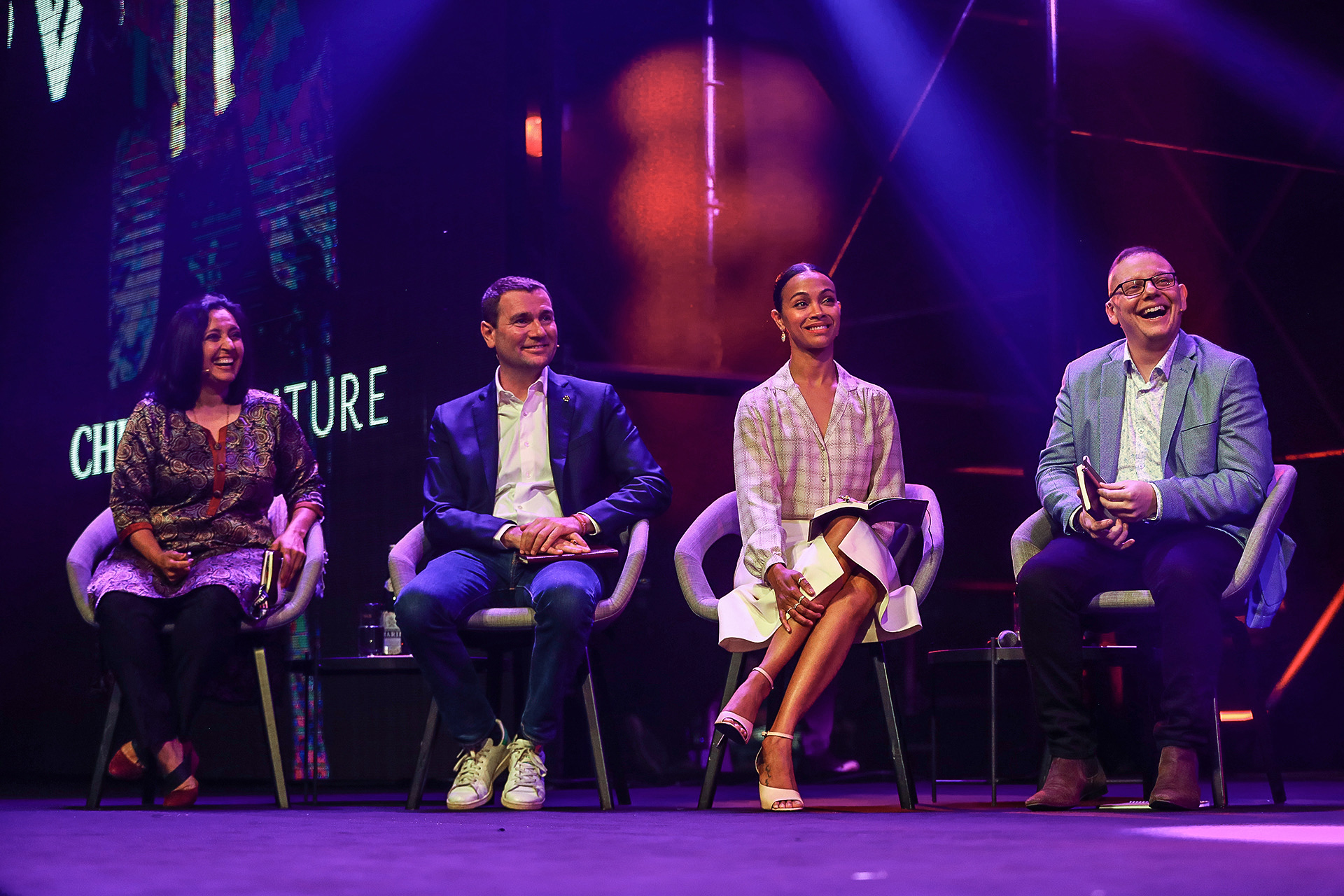
I first encountered the term social entrepreneur in 2015 when I attended the first Chivas Venture Global final in San Francisco. Each year Chivas Regal apportions a $1million fund across a field of social entrepreneurs hailing from all over the globe, assigned primarily based on their ability to solve a societal issue. At the time I spoke to one of the Judges and founder of the Beeck Center for Social Impact and innovation, Sonal Shah, so I caught with her again four years later to learn what — if anything — had changed in the world of social entrepreneurship over those years.
“What has been fascinating is how many other different countries are now participating; when I got involved there were only a few countries, now there are like 20 countries,” Sonal brightly explains. “This year has been fascinating as there has been a lot more tech-oriented ventures; there weren’t as many in the first year. A lot have to do with food waste, environmental change, really thinking about the circular economy, so it’s fascinating how it’s changing. It reflects the mindset of society. Before it was “how do we get food to people”, where now it is “how do we reduce the waste of food” or “how do we make sure that things get recirculated back into the economy”, and “what we can do better sustainably”. Another focus in on integration, how do we better integrate people into societies today.”
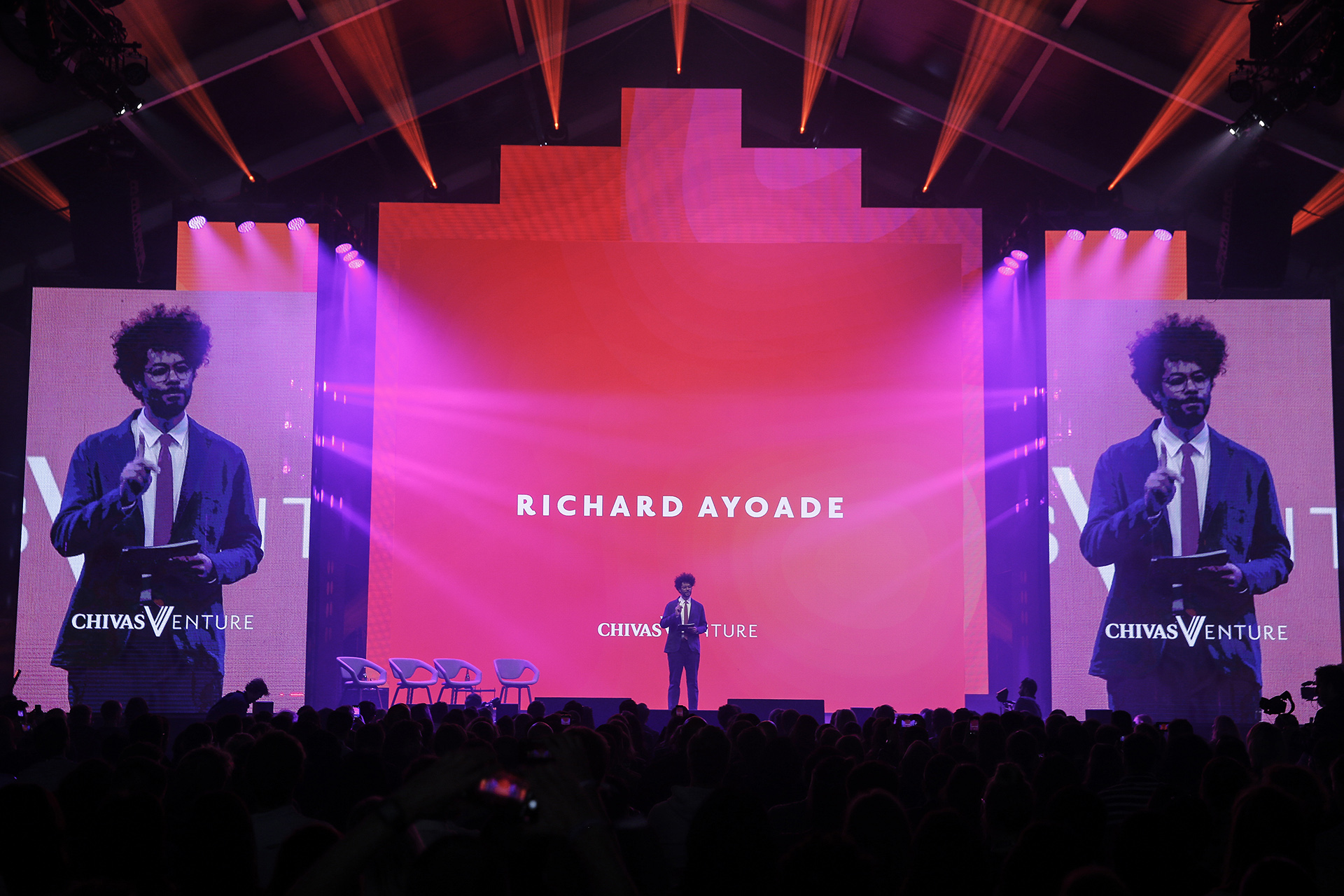
One big change has been the increasing awareness throughout all genres of society of our responsibility to the planet and future generations. Sonal and I talked about the change in mindset.
“Over the last five years I’ve seen the role of the social entrepreneur become a much bigger conversation; now we talk about profit and purpose. You starting to see the large companies like Blackstone[1. Blackstone is an American multinational private equity, alternative asset management and financial services firm based in New York City] looking at which companies have incorporated “purpose” into their business plan. The conversation is shifting, and it’s become a much bigger opportunity for social entrepreneurs.
It’s become “okay” to be a social entrepreneur now, they don’t have to explain themselves as much, they still have to have the right business model but it’s still easier to be a Social Entrepreneur
I’ve lived in a University for the last six years I’ve seen the trend consistently increase of people not wanting to draw the artificial line between purpose and profit. And more young people are asking the question “why can’t they do both?”
There’s still not enough capital available for it, and there should be more capital. People are still asking for the financial without assessing the impact version of that. It has become more viable to publicly talk about being a social entrepreneur, in places where people wouldn’t talk about it.”
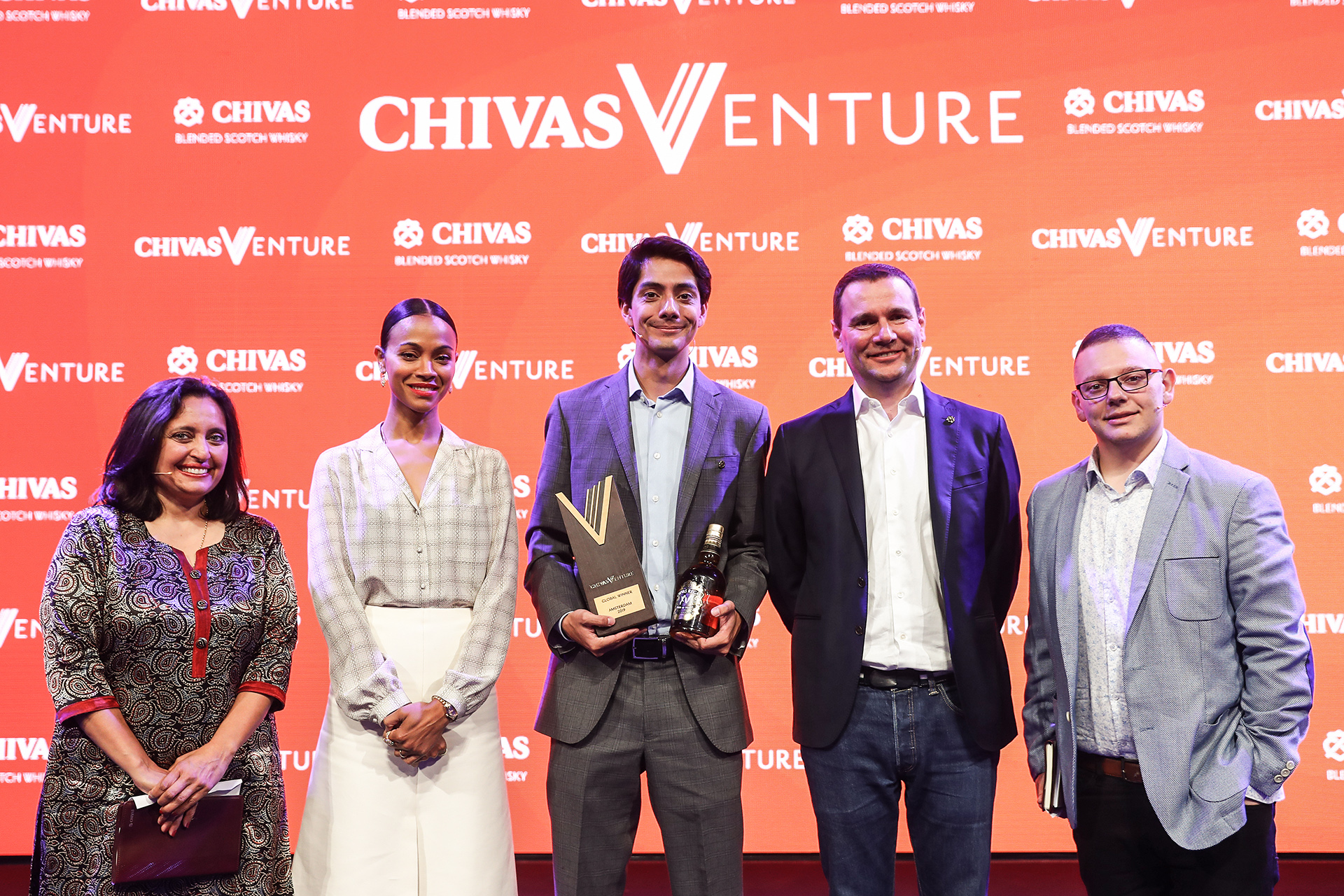
This year’s final was a close affair, but the winning social entrepreneur came from Mexico, with a business called Xilinat. Xilinat founder Javier has found viable way to convert agricultural waste into a natural low-calorie sugar substitute that looks and tastes like normal sugar. His goal is to provide sustainable alternative for diabetics whilst helping to tackle the growing problem of obesity.
“When I was 18yrs old, I received the news that his dad was diagnosed with diabetes. One of the main reasons is of course sugar intake, so we committed to creating a healthy option to stop using sugar, and that’s how it all happened.” Javier, Founder of Xilinat tells me.
At the time we were speaking, Javier was yet to find out the outcome of the competition. Having witnessed his honest demeanour and clear insight into solving one of the planet’s greatest issue, it’s easy to see why he won, but it has been far from an easy ride.
“Overall I’d say it’s given me more than it has actually cost me. Myself and my associate haven’t taken a salary in over a year and have had to live off our savings. I’ve moved back to live with my parents, to avoid paying rent. There’s always a financial sacrifice, but in terms of my life, and experience, I feel that I have actually earned more.”
“It’s a rollercoaster of emotions, sometimes you win a competition and you feel like the best entrepreneur in the world, other times you fail to close with a VC (Venture Capitalist) and you feel terrible. But at the end when you put everything together you’re learning from it all, so it actually gives more back to you.”
“Success for me will be building a company that is profitable enough to increase impact every year. By impact I mean solving a social issue, or an environmental issue. We have a five-year vision and a mission for what we want to accomplish, but the goals and pathway change month by month.”
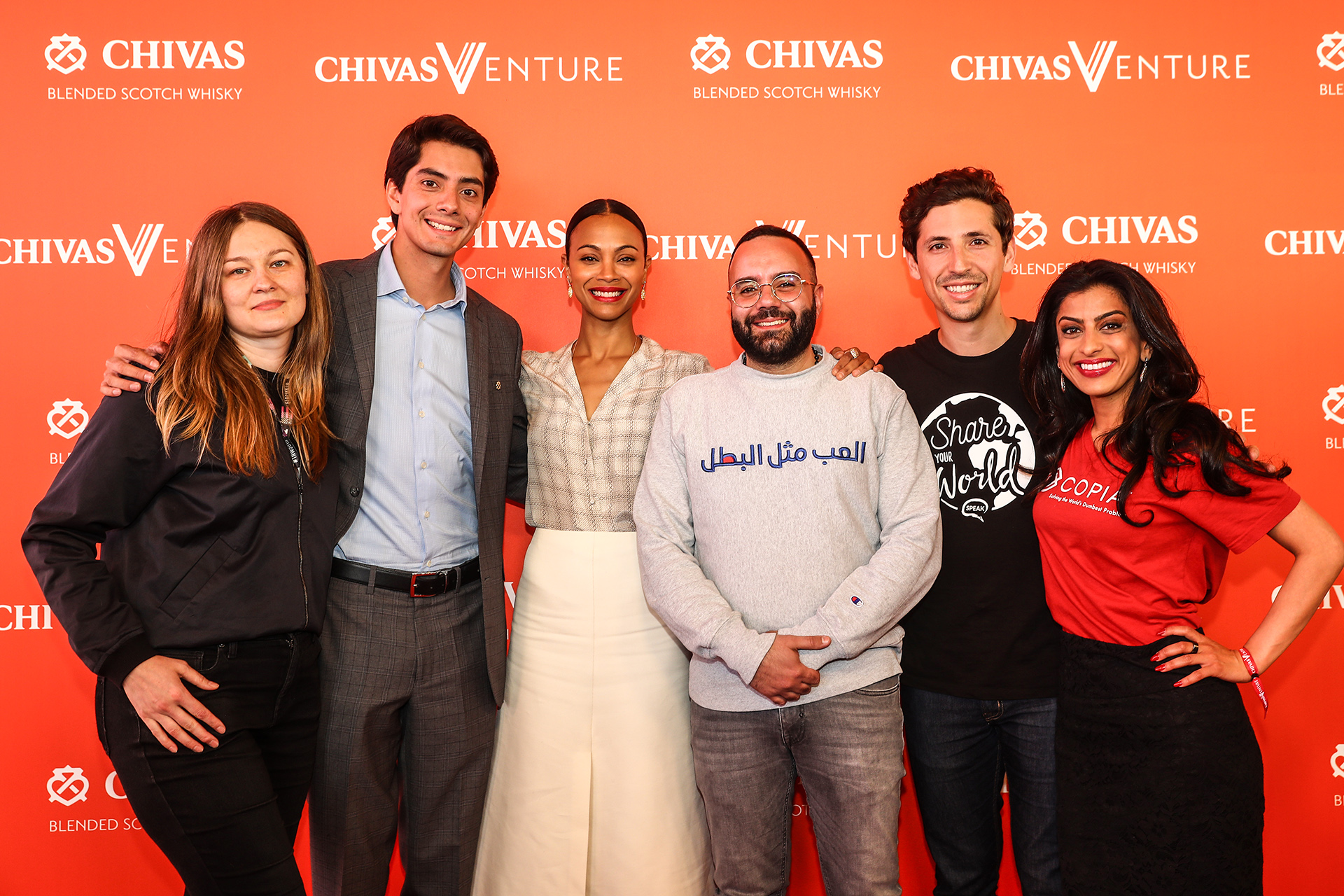
As the winner of the 2019 Chivas Venture, Javier will receive $310K — no strings attached — to develop his business and remaining funds allocated to a public vote and the other five finalists. [2. Syntoil from Poland ($250,000) – which is solving the environmental problem of rubber waste from used tires; Portugal’s SPEAK ($110,000) – which breaks down cultural barriers by reducing the marginalization of immigrants and refugees through informal networking; Tykn from the Netherlands ($50,000) which leverages blockchain technology to protect immigrants and provide them with access to human aid; and Copia from the USA ($50,000) which tackles both hunger and food waste by creating a technological platform that helps businesses measure and donate their food surplus for financial compensation.]
“That’s what I like about Chivas,” Sonal tells me, “they fund for the outcome. They don’t tell you how to do your business better, they give you the money and are like “go do it”.
Over the four years the Chivas Venture has been running over $4m on money has been allocated whilst the Chivas Venture Global Finalists themselves have impacted over 2 million lives.
With the Chivas Venture competition ongoing, and Chivas Regal owners Pernod Ricard embarking on their own Sustainability & Responsibility roadmap by 2030, the growth — and impact — of social entrepreneurism looks set to continue for the foreseeable future and for many, many years to come. Definitely something to raise a glass to.
CHIVAS.com
